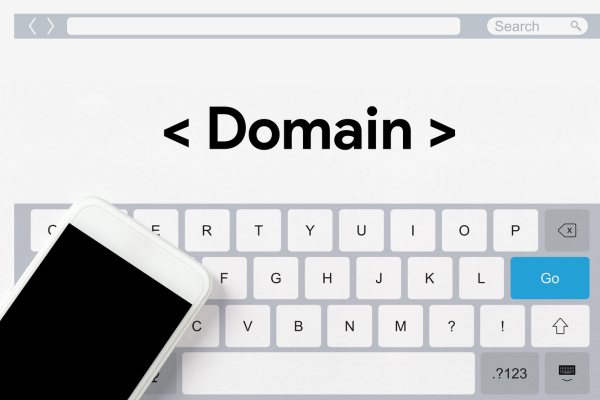Cybersquatting: Protecting Your Brand Online
30th October, 2023
Brand matters. With a growing number of individuals, businesses, and organizations turning to the internet to find, research, and purchase products and services, a strong online presence is vital. Cybersquatting can undermine your brand. Here, our domain name lawyers provide an overview of cybersquatting, including what it is, why it matters, and how you can protect your business.
What is Cybersquatting?
As defined by the Digital Media Law Project, cybersquatting is “registering, using, or selling a domain name with a bad faith intent to profit from someone else’s trademark.” In other words, cybersquatting occurs when another party tries to grab a domain name solely because that domain name would likely be associated with your business. It is a growing issue. The World Intellectual Property Organization (WIPO) reports that it got a record 7,000 cybersquatting complaints in 2022. Of course, the problem is far more pervasive, as many businesses never report cybersquatting at all.
How Does Cybersquatting Hurt Businesses?
Cybersquatting can adversely impact your business in a number of different ways. To start, businesses may suffer tangible (and significant) financial losses. Cybersquatters can monetize these domains by placing ads, potentially driving potential customers/clients away from your business. A potential customer or client that intends to visit your company’s legitimate site may inadvertently visit the cybersquatter’s alternative site.
Beyond that, there may be many potential clients or customers who are a good fit for your business but who will never find your website at all because the cybersquatter is diverting traffic. You could lose potential revenue. Another problem is that cybersquatting can inflict severe damage to a brand’s reputation. If a cybersquatter website contains inappropriate content, customers may associate this negative experience with the legitimate brand, eroding trust.
An Overview of Legal Remedies are Available to Combat Cybersquatting
Your business is not without legal options. You can take action to fight back against online cybersquatting that is targeted at your company or organization. Indeed, there are actually federal laws in place that protect parties against cybersquatting. Most notably, the Anticybersquatting Consumer Protection Act (ACPA) allows trademark holders to file a lawsuit directly against cybersquatter(s). In this lawsuit, you can see possession of the domain name and, potentially, financial compensation for your damages.
Beyond the ACPA, the Uniform Domain-Name Dispute-Resolution Policy (UDRP) provides an international legal framework for addressing domain name disputes. Implemented by the Internet Corporation for Assigned Names and Numbers (ICANN), the UDRP allows trademark holders to file a complaint and potentially obtain the transfer of the disputed domain name without the need for a lengthy legal battle. It is an option that can be especially helpful in these cases. Many cybersquatters are outside of the U.S. or hard to identify so they can be challenging to sue in federal court.
Be Proactive: Four Tips to Protect Your Brand from Cybersquatting
You do not have to sit back and wait until cybersquatting causes serious problems for your business to take action. When it comes to online brand protection, the best approach is a proactive approach. Here are four tips that you can use to protect your brand from online domain cybersquatting:
- Obtain Federal Trademark Protection: Assuming you qualify, it is a best practice to get formal federal trademark protection. By doing so, it is a lot easier to protect your brand against the risk of cybersquatting. You will have enhanced rights under the ACPA.
- Try Registering the Variations of Your Domain Name: You may want to consider registering several variations of your domain name, including things like abbreviations or even close misspellings. You can redirect the traffic to your legitimate website.
- Secure Relevant Top-Level Domains (TLDs): Beyond the standard “.com” or “.net,” secure other relevant TLDs related to your brand. What does this matter? It is a step that prevents cybersquatters from registering your domain name with a different TLD.
- Regularly Monitor Domain Registrations: Implement a routine process for monitoring newly registered domain names to identify potential cybersquatting activities early. Utilizing domain monitoring services can automate this process, ensuring you are immediately alerted to potential issues.
We are the Leaders in Domain Name Law
At ESQwire, our domain law attorneys have the skills and experience to help companies protect their rights. If you have any specific questions or concerns about cybersquatting, our legal team is here as a resource. Contact us today to arrange your completely confidential initial consultation. We help businesses and organizations nationwide protect their brand from cybersquatters.
Sources:
https://www.dmlp.org/legal-guide/cybersquatting
https://www.statista.com/statistics/416159/domain-name-cases-filings-wipo
